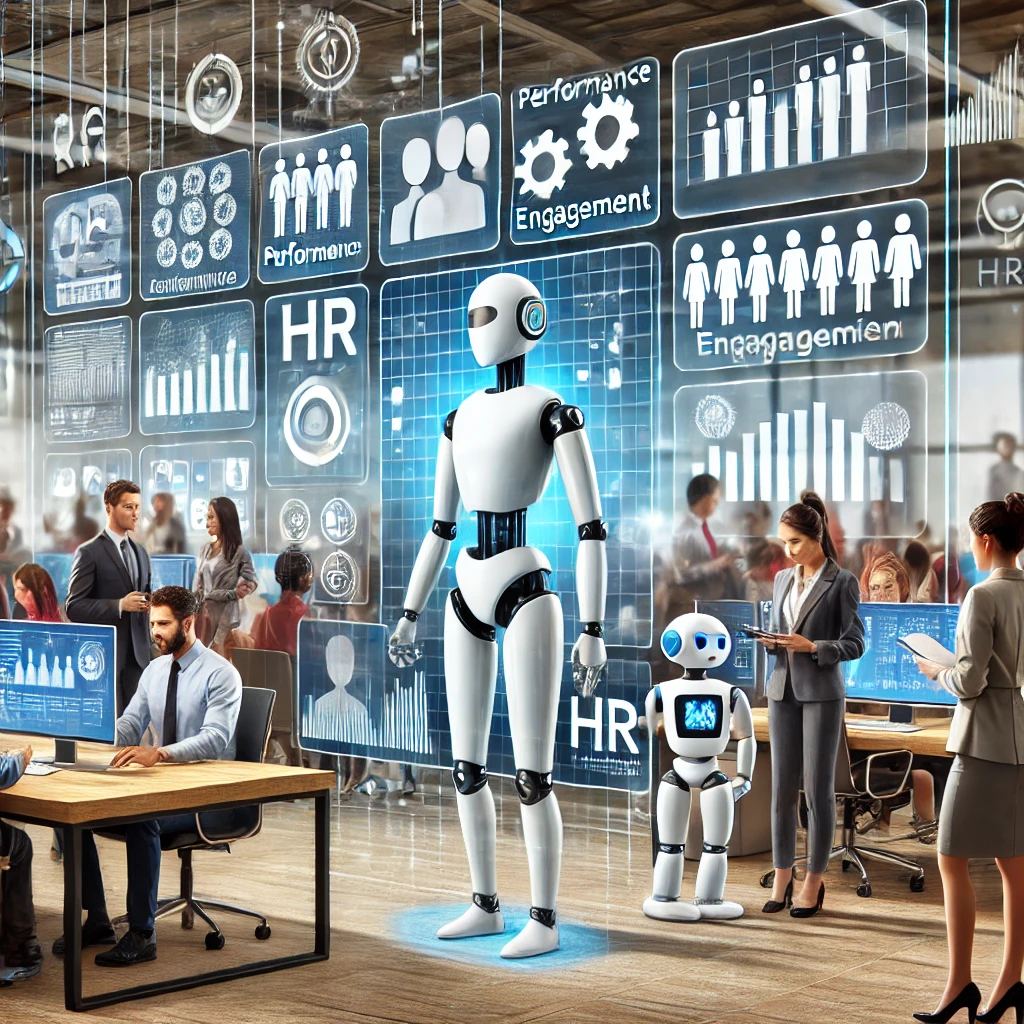AI is reshaping the field of human resources HR, offering SMBs innovative solutions to streamline recruitment and employee management. By leveraging technologies, SMBs can enhance their HR processes, improve employee engagement, and make data-driven decisions. This article explores how AI is revolutionizing HR for SMBs and provides actionable insights for implementing AI-driven HR strategies.
1. Streamlining Recruitment Processes
AI can significantly streamline recruitment processes, making it easier for SMBs to find and hire the right talent. Key strategies include:
- Resume Screening: Use tools to automate resume screening and shortlist qualified candidates.
- Candidate Sourcing: Implement platforms that identify and engage with potential candidates across various channels, expanding the talent pool.
- Interview Scheduling: Leverage AI to automate interview scheduling, ensuring seamless coordination between candidates and hiring teams.
2. Enhancing Employee Onboarding
AI can enhance onboarding by providing personalized experiences and ensuring that new hires have the resources they need to succeed.
- Personalized Onboarding Plans: Create tailored onboarding plans that align with individual employee needs and roles.
- Virtual Onboarding Assistants: Implement chatbots that guide new hires through the onboarding process, answering questions and providing information.
- Automated Task Management: Leverage tools to automate onboarding tasks, such as document submission and training scheduling, ensuring a seamless experience.
3. Optimizing Employee Engagement and Performance
AI can help SMBs optimize employee engagement and performance by providing insights into employee behavior and preferences.
- Employee Feedback Analysis: Analyze employee feedback and sentiment, identifying trends and areas for improvement.
- Performance Monitoring: Implement tools to monitor employee performance and identify potential challenges or areas for development.
- Personalized Training Programs: Leverage tools to create customized training and development programs that address individual employee needs and goals.
4. Improving Workforce Planning and Management
Consider the following AI-driven approaches:
- Demand Forecasting: Predict future workforce needs based on business trends and market conditions.
- Skill Gap Analysis: Identify skill gaps within the workforce and develop targeted training programs.
- Resource Allocation: Optimize resource allocation, ensuring that employees are effectively utilized and workloads are balanced.
5. Enhancing Diversity and Inclusion
AI can also support SMBs in promoting diversity and inclusion by reducing bias and ensuring fair hiring practices.
- Bias Detection: Use AI to identify and mitigate bias in recruitment processes, ensuring fair candidate evaluations.
- Diversity Analytics: Implement AI tools to analyze diversity metrics and track progress toward diversity goals.
- Inclusive Communication: Leverage AI to create inclusive communication strategies that resonate with diverse audiences.
Conclusion
By embracing AI-driven HR strategies, SMBs can attract top talent, improve employee satisfaction, and create a more inclusive workplace. Harness the power of AI to transform your HR operations and drive business success in an increasingly competitive market.


